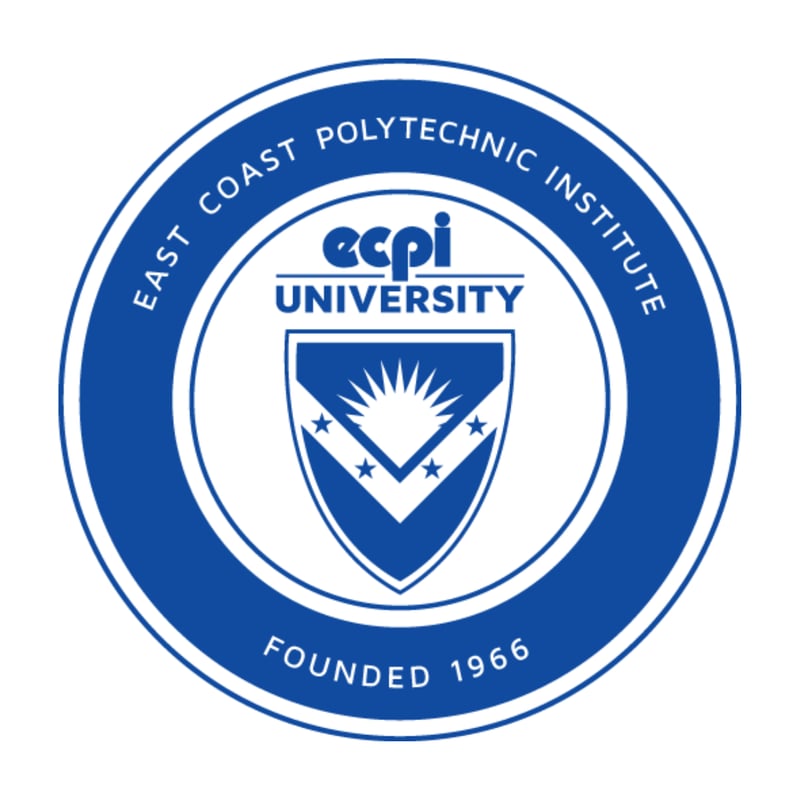
Financial aid (may be available)

No cost info

Financial aid (may be available)

Financial aid (may be available)

Financial aid (may be available)

Financial aid (may be available)

Financial aid (may be available)

No cost info

Financial aid (may be available)

Financial aid (may be available)

No cost info

No cost info

Financial aid (may be available)

Financial aid (may be available)
This certificate program provides a foundation in supply chain and logistics management from both a U.S. as well as global perspective, preparing participants for professional careers with manufacturers and distributors, transportation carriers, and logistics service providers.
No cost info
American Military University (AMU) offers a logistics management certificate at the graduate level. It provides in-depth study of logistics and supply chain management with consideration of global impacts.
AMU’s online logistics certificate emphasizes transportation factors related to logistics, especially the maritime industry. The curriculum covers topics such as:
Transportation policy and planning
Transportation management and economics
Port and terminal operations
This program is an appropriate choice for those who wish to increase their knowledge of logistics and supply chain management without committing to a full degree program.
No cost info
No cost info
The online Logistics and Supply Chain Management Certificate from CCU will help you gain a deeper understanding of the processes and fundamentals within supply chain and inventory management, including purchasing and inbound logistics; material handling in distribution centers; warehousing and warehouse management; financial and inventory controls; transportation and distribution; and reverse and global logistics.
No cost info

Financial aid (may be available)

$2,730 total

No cost info
No cost info
Learn about the components of supply chains including supply chain networks, supply chain facilities, transportation, and inventory management as well as how emerging technologies affect them with our Supply Chain Fundamentals Certificate. These courses are perfect for learners seeking to enter the supply chain profession, as well as those who are seeking to enter supervisory roles or enter a new domain within the supply chain.
No cost info

Financial aid (may be available)
Are you interested in a career in logistics? If you're located in Houston, you're in luck! There are several logistics classes near you that can provide you with the training and skills you need to succeed in this field. In this blog post, we'll explore what logistics is, the training requirements, what to look for in a class, what to expect from the day-to-day class, the certification process, how to find related jobs, and other classes you can take after becoming a logistics professional.

Logistics is the process of planning, implementing, and controlling the efficient, cost-effective flow and storage of goods, services, and information from the point of origin to the point of consumption. It is a crucial aspect of supply chain management and plays a vital role in ensuring that goods are delivered to customers in a timely manner. A career in logistics can be rewarding and offers ample opportunities for growth and advancement.
Logistics involves managing all activities related to the movement and storage of goods. This includes transportation, warehousing, inventory management, packaging, and distribution. Professionals in this field are responsible for ensuring that products are delivered to the right place, at the right time, and in the right condition.
To pursue a career in logistics, it's important to have the right training and skills. While a college degree is not always required, many employers prefer candidates who have completed some formal training in logistics. Here are some of the training requirements you may come across:
Certificate Programs: These programs typically last a few weeks to a few months and provide a comprehensive overview of logistics principles and practices. They are a great option for individuals who want to enter the field quickly.
Associate's Degree: Some community colleges and vocational schools offer associate's degree programs in logistics or supply chain management. These programs provide a more in-depth understanding of the field and may be beneficial for those looking for higher-level positions.
Bachelor's Degree: A bachelor's degree in logistics or supply chain management can open up even more opportunities in this field. These programs typically take four years to complete and provide a comprehensive education in logistics principles and practices.
When searching for logistics classes near you in Houston, it's important to consider several factors to ensure you choose the best option for your needs. Here are some things to look for in a class:
Accreditation: Make sure the class or program you choose is accredited by a reputable organization. This ensures that the curriculum meets industry standards and that the training you receive will be recognized by employers.
Experienced Instructors: Look for classes taught by instructors who have real-world experience in the logistics industry. This will ensure that you receive practical and up-to-date training.
Hands-on Training: Logistics is a hands-on field, so it's important to choose a class that provides ample opportunities for practical training. This may include simulations, case studies, and internships.
Job Placement Assistance: Some classes or programs may offer job placement assistance to help you find employment after completing your training. This can be a valuable resource, especially if you're new to the field.
Logistics classes typically cover a range of topics to provide students with a comprehensive understanding of the field. Here are some of the topics you can expect to learn about in a logistics class:
Classes may be held in a traditional classroom setting or online, depending on the program you choose. You can expect a combination of lectures, discussions, group projects, and hands-on activities to enhance your learning experience.
While certification is not always required to work in logistics, it can be beneficial for career advancement and may increase your job prospects. There are several organizations that offer logistics certifications, such as the Council of Supply Chain Management Professionals (CSCMP) and the International Society of Logistics (SOLE). The certification process typically involves meeting certain education and experience requirements, as well as passing an exam.
After completing your logistics training, you'll be ready to start your career in this field. Here are some tips to help you find related jobs:
Networking: Reach out to professionals in the logistics industry and attend industry events to expand your network. Many job opportunities are filled through referrals, so building relationships is key.
Job Boards: Utilize online job boards and websites to search for logistics positions. Popular job boards include LinkedIn, Indeed, and CareerBuilder.
Company Websites: Visit the websites of logistics companies in your area to see if they have any job openings. Many companies post job listings directly on their websites.
Staffing Agencies: Consider working with a staffing agency that specializes in logistics. They can help match you with job opportunities that align with your skills and experience.
Once you've become a logistics professional, there are other classes you can consider taking to further enhance your skills and increase your job prospects. Here are some additional classes that may be of interest:
Six Sigma: Six Sigma is a set of techniques and tools for process improvement. This class can help you learn how to identify and eliminate defects in a logistics process, ultimately leading to improved efficiency and cost savings.
Project Management: Project management skills are highly valued in the logistics industry. Taking a project management class can help you learn how to effectively plan, execute, and control logistics projects.
Supply Chain Management: Supply chain management is closely related to logistics and focuses on the coordination and management of all activities involved in the production and delivery of goods. Taking a supply chain management class can provide you with a more holistic understanding of the field.
If you're interested in a career in logistics, there are several classes near you in Houston that can provide you with the training and skills you need to succeed. Whether you choose a certificate program, an associate's degree, or a bachelor's degree, it's important to choose a class that meets your needs and provides you with practical, hands-on training. By completing a logistics class and obtaining any necessary certifications, you'll be well-prepared to start your career in this exciting field.
For more information on logistics classes and other vocational training programs, visit Dreambound. Dreambound is the largest platform for students to find vocational training programs, such as allied health or industrial trades. Their mission is to provide all the information students need to find the perfect class.
Dreambound has a bunch of guides about starting in this field, with specific ones for different cities. If you're not in this city or are thinking about moving, check out some other guides below:
Contemplating a change in your career path? Dreambound has written many comprehensive guides to aid you in making well-informed decisions.
Dreambound's platform allows prospective students to find the right educational program for them through searching, filtering, and connecting with our extensive selection of career & technical education partners.
Dreambound has over 70 programs across healthcare, technology, business, and industrial trades. This includes programs such as Medical Billing, Cybersecurity, and welding.
Some of our schools offer financial aid for those who qualify. Many others offer payment plans, where you can pay the cost of class over time.
Yes, Dreambound offers many online programs. On Dreambound's search, you can filter by online, in-person, and hybrid (part online, part in-person).
Dreambound is completely free for you to use! We are supported by schools and organizations who pay to advertise on our website, so we can offer all of our career resources for free.